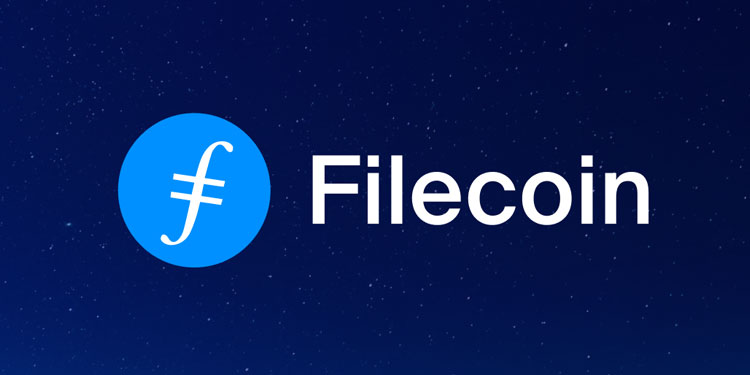
The suggestion, referred to as Ethereum Improvement Proposal (EIP), is based on an idea suggested in April 2019 to modify Ethereum’s fee structure.
A sharp rise in network fee in the past few months has once again brought back the debated about EIP 1559 and is being piloted on Filecoin, a digital storage platform. Ethereum co-founder, Vitalik Buterin, tweeted the latest info about the suggested overhauls.
Jeromy Johnson, Filecoin software engineer, stated that the EIP code ‘appears to be doing its job’ on the continuing trial on the network. He further stated that there had been several sharp rises in “base fee,” which is the latest network charge, but there was minimal delay in sending messages to the chain.
Filecoin is a decentralized storage network that is in the piloting stage. The Filecoin core team is planning to launch the mainnet in September, as per the progress update issued earlier this month.
Five days before, PegaSys core programmer Tim Beiko tweeted that two Ethereum clients, Vulcanize’s geth fork and Besu, are carrying out testing of the code individually. Beiko further stated that he wish to see the implementation of EIP 1559 on a network such as Ropsten to assess whether large blocks will create any problem.
In case you missed it: recent writing on fee market reform (EIP 1559)
* My FAQ: https://t.co/E9JvIUkazS
* @MicahZoltu on safety: https://t.co/uNOEqSDNxV
* @bluepintail on fairness: https://t.co/bJYJSR1b0oOh and it seems to be working great on filecoin:https://t.co/sgWLPF1VXg
— vitalik.eth (@VitalikButerin) August 26, 2020
TL;DR: not ready yet.
There are only two clients that have an implementation (Vulcanize’s geth fork and Besu). We have a “private” testnet running between both and are still finding implementation and spec issues every few days. Here’s the Besu tracker: https://t.co/YsA6ZCk9QP
— Tim Beiko | timbeiko.eth (@TimBeiko) August 21, 2020
The plan puts forward the “base fee” system that flexibly changes fees payable for confirmation of the transaction on the network as per congestion levels. As of date, Ethereum network fee is charged using an auction-kind of process where users ‘bid’ the amount they wish to pay in order to have their transaction processed by a miner. Obviously, miners give importance to higher bids, leading to congestion and large gas fees during a rise in demand.
As per the latest suggestion, if over 50% of blockchain is under use then the base fee will rise without anyone’s involvement, but if the utilization is less than 50%, then the base fee will decrease. Ethereum users are given the option of bypassing the queue by offering a ‘tip’ over the base fee. The base fee gets burned and only the ‘tip’ is rewarded to miners.
With such changes being brought about, difference in base fee on a block to block basis can be forecast as the increases are limited. This would enable wallets and dApps to mechanically amend the gas fees for users in a reliable manner than merely assessing them.
It could take some more time for the roll out of EIP 1559 on the Ethereum mainnet. However, ETHhub founder Anthony Sassano forecast a minimum of 6-12 months for the roll out of EIP 1559 in Daily Gwei newsletter published three days back.